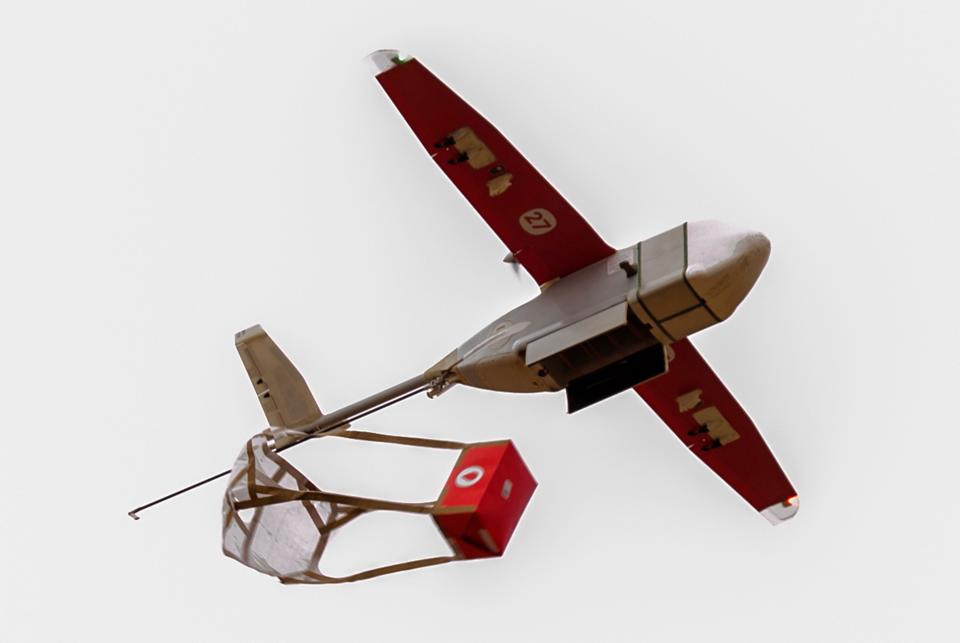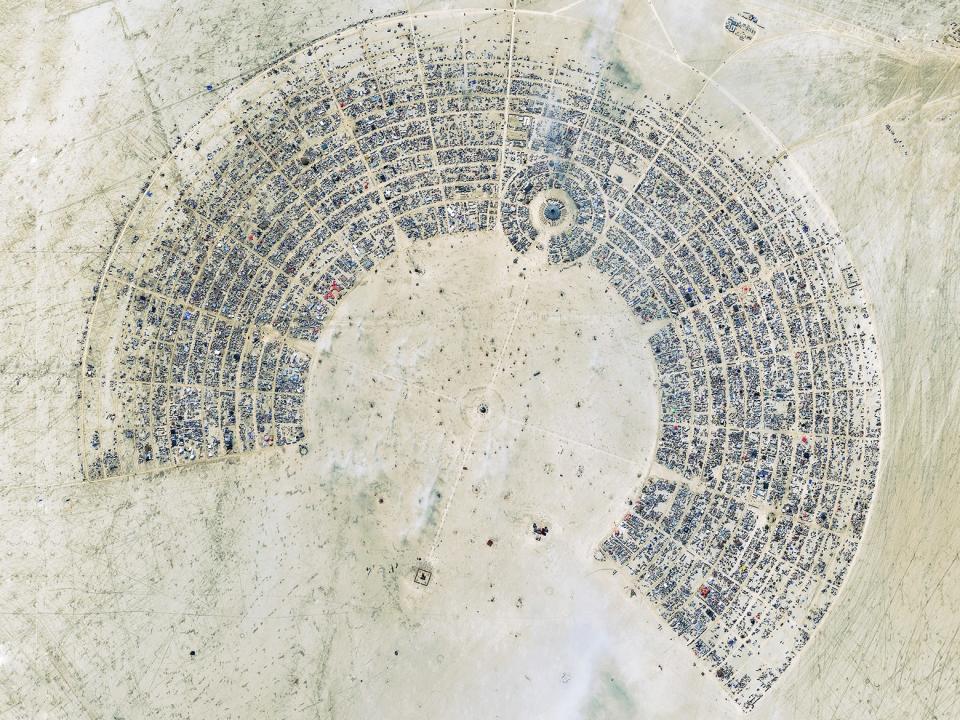Ford Turns to Students for the Future of Truck Design
If you’re an aspiring vehicle designer, forget supercars. Figure out trucks. That’s where the big money is. Ford’s F-series pickups are the best-selling vehicles in the US, followed by Chevy Silverados, and Dodge Rams. (The first car on the list is the Toyota Camry, in fourth place.)
This is no new trend. Ford's F-150 has been the best-selling vehicle in the US since 1981, and it's critically important to Ford. Trucks are profit centers for automakers, which is why Ford agonizes over every change and update. A switch to aluminum construction in 2014, to save weight and fuel, was a bold gamble. What if consumers didn’t like it?
And that was something under the skin, something most buyers would never see. Ford makes visible changes with the same kind of trepidation. Most changes are to incorporate features that make the truck more luxurious or capable—and let Ford charge more money.
All of which makes it surprising that Ford is asking a bunch of students to radically rethink its next generation of trucks, to help the automaker hold retain its market dominance in a changing automotive world. The automaker is teaming up with the Detroit based College for Creative Studies, and setting a group of 16 students a challenge.
“The project we’re giving them is ‘Future Truck’,” says Craig Metros, Ford’s exterior design director. “We just rolled out a brief, with history of F150, how it’s developed as a product, where it is today, and glimpses of it going into the future.”
Metros then left the students to begin their brainstorming. He’s hoping to get a more youthful perspective on where truck design could go next, from people who haven't yet internalized the challenges and constraints that pro industry designers grapple with. “What I’m looking for is some of the rocks that haven’t been uncovered yet,” he says.
A loyal Ford truck fan, Metros owns a 1950 F1, and a 2017 F-150. “It’s amazing to look at the two products side by side,” he says. But as drastic as the differences are—airbags, LED lights, turbocharged engines—he predicts that the next 15 years will see even more rapid change than the last 30.
In particular, he wants the students to think about the roles that autonomy and electrification will play in the future. The design brief says “autonomy will fundamentally change our notion of a traditional customer,” and Ford believes that different ways of owning, renting, or just riding in cars and trucks will trigger design changes in proportions, packaging, and aesthetics.
The students will have to produce a "video journey", showing how they tackled the problem. They will ultimately present just one design solution, which distills down all their future thinking, and create a 3D model of that truck to present to Ford in December.
Disrupting Transport
Americans still can't get their burritos by drone. But in Rwanda and soon Tanzania, air deliveries are already saving lives.
Playa Planning
And what the temporary Black Rock City settlement has to learn.
Tubular
The Boring Company jumps into a crowded hyperloop field.
To keep pace, students—aka outsiders without preconceptions—are a valuable resource for anyone trying to break out of a status quo. Google runs a science fair that features innovation from all over the world. Shell hosts an eco-marathon that challenges student teams to build fuel-efficient cars. Elon Musk’s SpaceX puts on a competition to build key components of his proposed hyperloop system.
As for the CCS students, they’ll be looking for a job soon enough, and experience working with Ford will certainly look nice on their resumes. Metros is always on the lookout for fresh minds. “One of the reasons for that relationship is to keep an eye on the talent that is coming out, and to get to know the students even before they even graduate.”
If they can make the truck of the future in the meantime, all the better.




